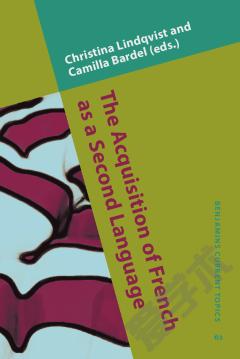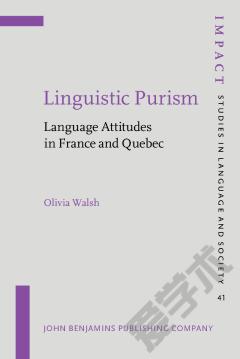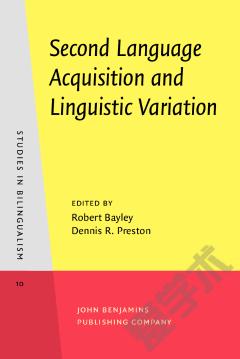The Second Language Acquisition of French Tense, Aspect, Mood and Modality.
Temporal-aspectual systems have a great potential of informing our understanding of the developing competence of second language learners. So far, the vast majority of empirical studies investigating L2 acquisition have largely focused on past temporality, neglecting the acquisition of the expression of the present and future temporalities with rare exceptions (aside from ESL learners), leaving unanswered the question of how the investigation of different types of temporality may inform our understanding of the acquisition of temporal, aspectual and mood systems as a whole. This monograph addresses this question by focusing on three main objectives: a) to contribute to the already impressive body of research in the L2 acquisition of tense, aspect and mood/modality from a generative perspective, and in so doing to present a more complete picture of the processes of L2 acquisition in general; b) to bridge the gap between linguistic theory and L2 acquisition; c) to make empirical findings more accessible to language instructors by proposing concrete pedagogical applications.
{{comment.content}}








 京公网安备 11010802027623号
京公网安备 11010802027623号